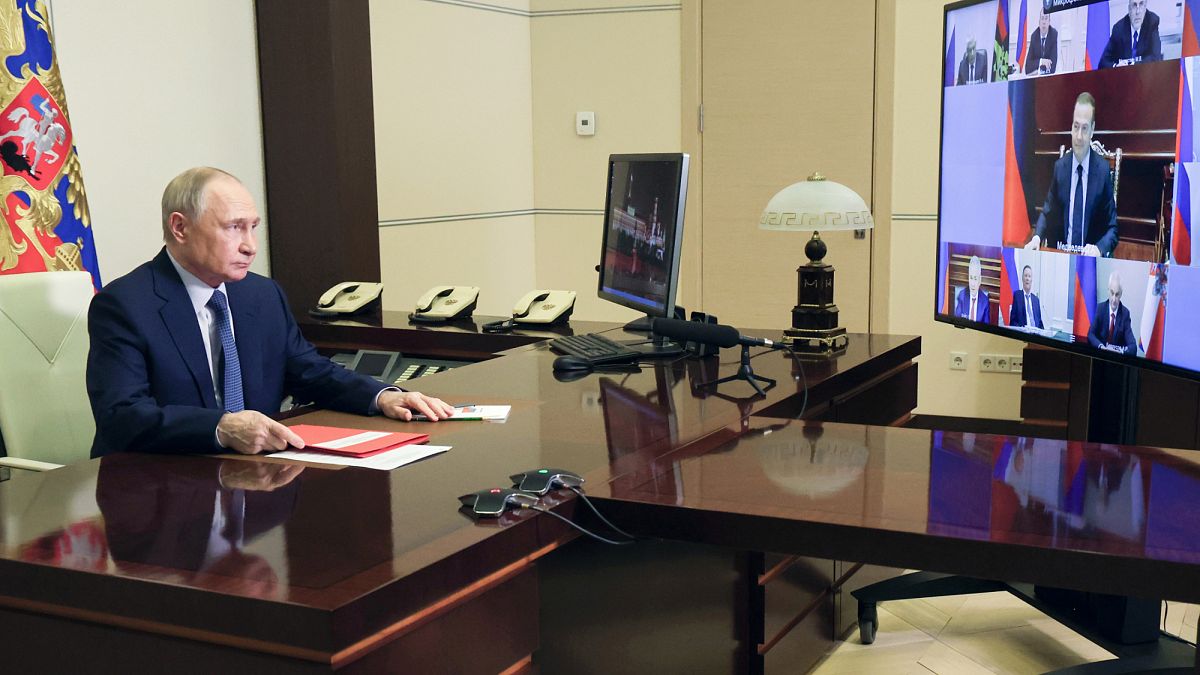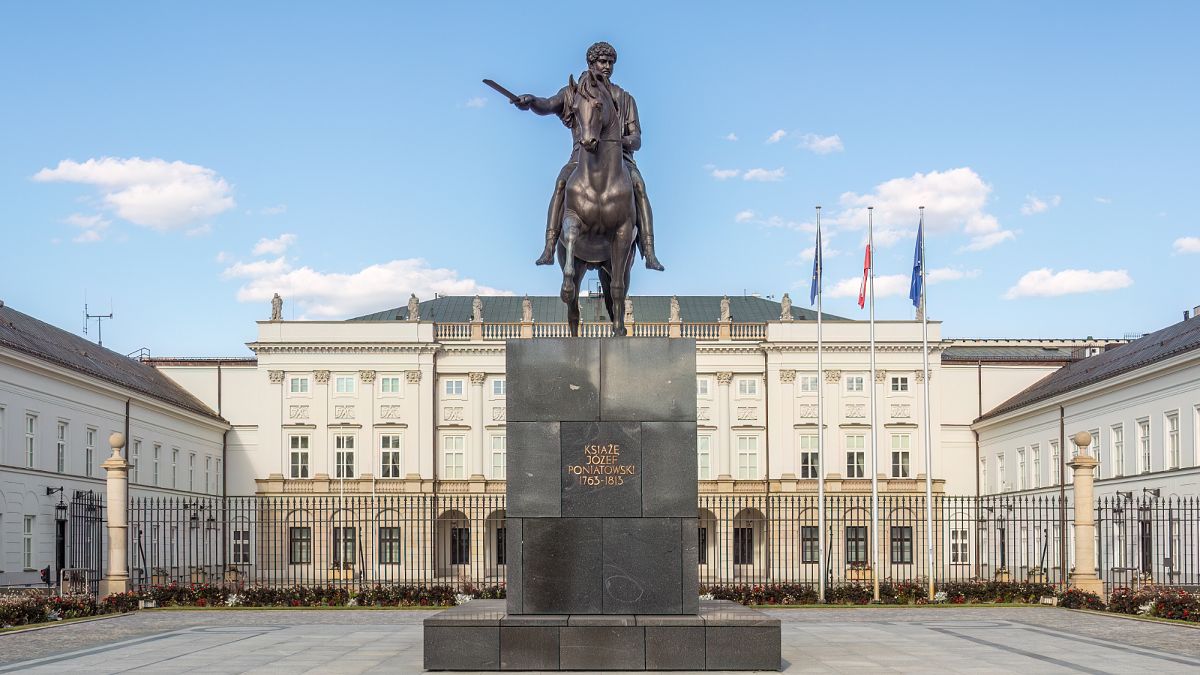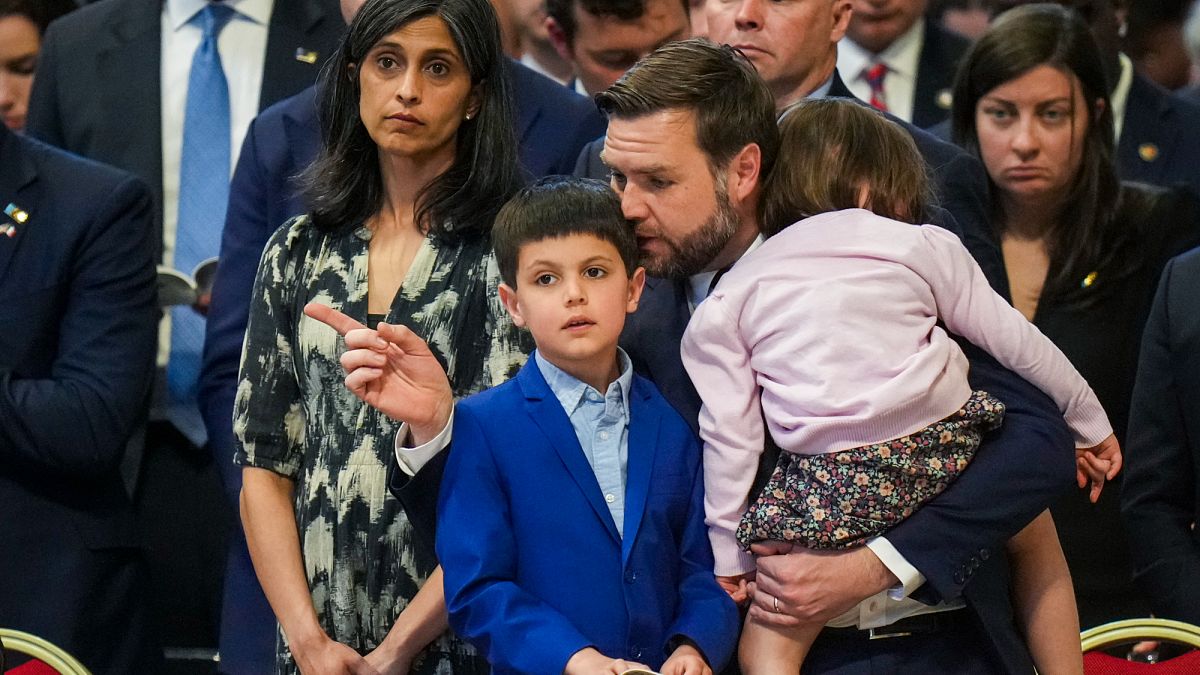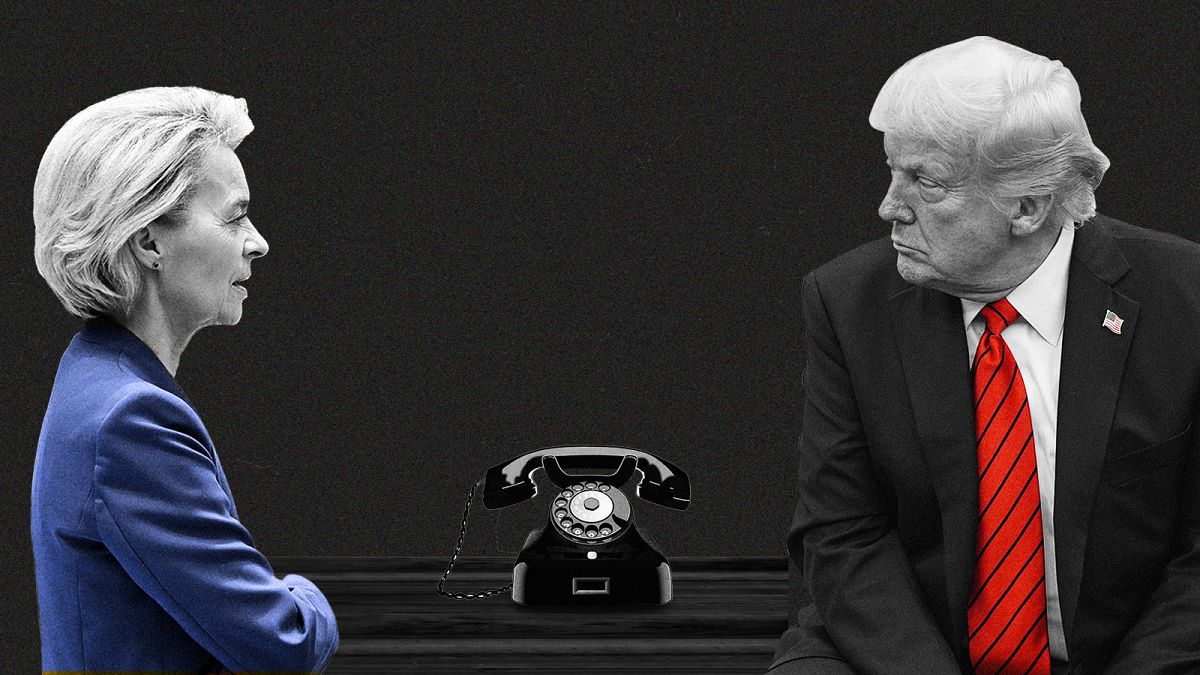EU leaders want to ramp up defence production and capacity but have so far been unable to agree on how to finance it.
Lithuanian President Gitanas Nausėda said on Thursday that the small Baltic country aimed to increase its defence spending to 5% of Gross Domestic Product (GDP).
"My country's view is that we have to strengthen our defence and we do it nationally, but we need pan-European decisions," Nausėda told reporters upon arriving at a summit of European Union leaders in Brussels.
"My country is doing a lot and we will increase our spending, possibly up to 5% of our GDP in coming years, because we understand that, first of all, we have to help ourselves and then we can count on our partners and we count on our partners very much," he added.
Lithuania, which is also a NATO member, will have spent about 3.2% of its GDP on defence this year - well exceeding the military alliance's target of 2%. The country's defence minister, Laurynas Kasčiūnas, has meanwhile called for defence spending to reach 4% in 2025.
Neighbouring Poland, also an EU and NATO member state, has already earmarked 5% of its GDP for defence spending in 2025, after spending more than 4% this year.
Boosting defence spending has been a topic for leaders both in the EU and in the military alliance since Russia launched its invasion of Ukraine in February 2022.
The European Commission estimates, for instance, that Europe's defence industry needs an additional €500 billion over the next decade to remain competitive and meet current demand.
A new spending threshold for NATO allies is expected to be agreed upon when leaders meet in The Hague in the summer. Mark Rutte, the alliance's new Secretary General, said last week that "it would have to be considerably more than 2%" and that it might have to be doubled.
"If you would only spend more and not spend better, you have to go to at least 4%," he said. "You can lower the 4% by doing two things: one is making sure that you get the most innovative technologies as part of your defence industrial base and therefore in your defence organisations; and secondly, by buying together."
Andrius Kubilius, the Commission's new defence tsar, has meanwhile floated a 3% target, calling for member states to "frontload" some of those funds to buy jointly and repay the debt incurred by the issuance of so-called "defence bonds".
But the idea of borrowing together to fund defence spending is for now fiercely opposed by several member states, including the Netherlands and Germany.
Dutch Prime Minister Dick Schoof reiterated on Thursday his opposition to joint borrowing, arguing that although "we need to pull out all the stops to make the defence industry produce more", the money should come from "private capital and preferably no loans and no eurobonds".
The Netherlands, often referred to in Brussels parlance as a frugal country, was this year expected to reach the 2% NATO target for the first time since it was put in place a decade ago.
Nausėda, meanwhile, once more endorsed issuing eurobonds for defence.
"We do it in my country and we have to do it on the pan-European level. The fiscal stability is important, but you know, if there will be no sovereignty, if there is no independence, fiscal stability is nothing. So we have to take care of our security," he said.
EU leaders are awaiting a paper by the Commission in which the EU executive is meant to outline the various options to finance the ramp-up in defence production and capacity.
European defence was only meant to be discussed briefly by leaders at the summit on Thursday during a strategic discussion on "the EU in the world" but should be one of the main topics on the table at an informal gathering scheduled for 3 February to which British Prime Minister Keir Starmer has been invited.

 3 months ago
31
3 months ago
31





 We deliver critical software at unparalleled value and speed to help your business thrive
We deliver critical software at unparalleled value and speed to help your business thrive






 English (US) ·
English (US) ·